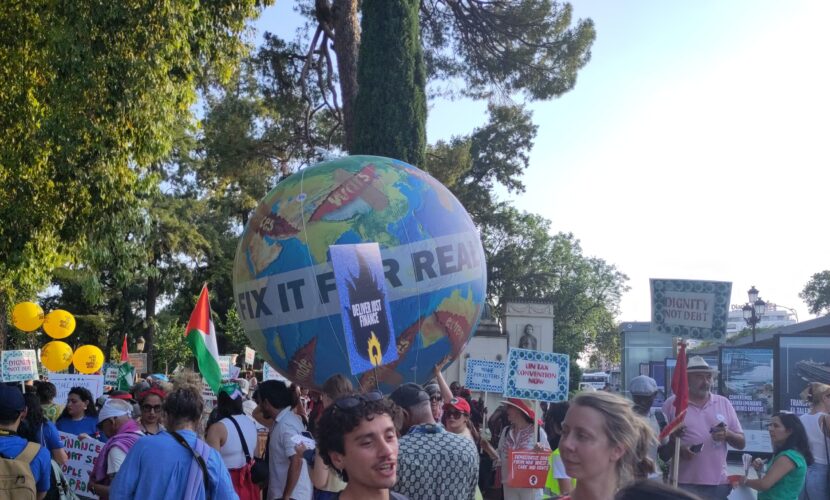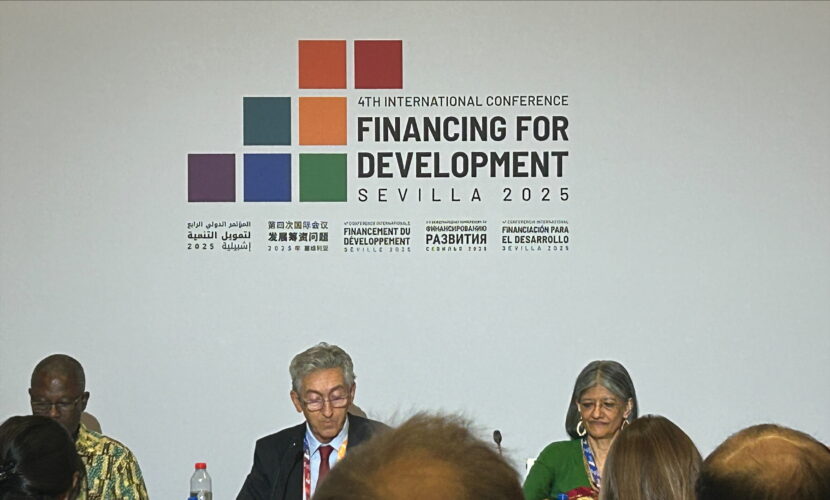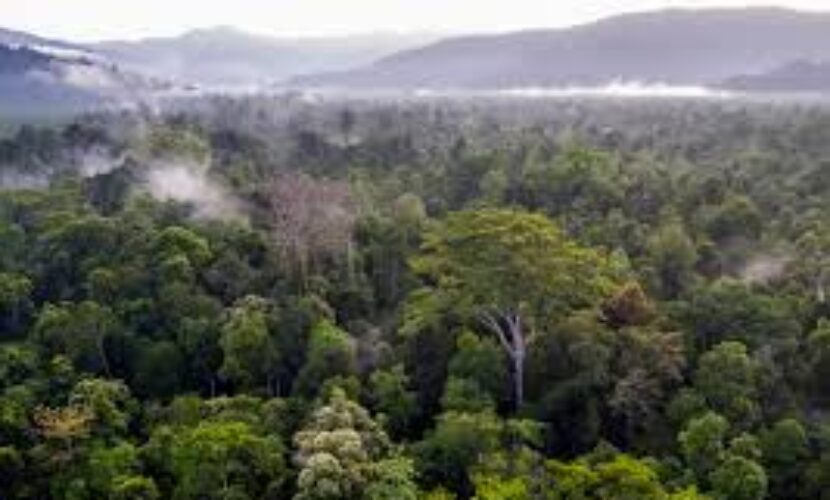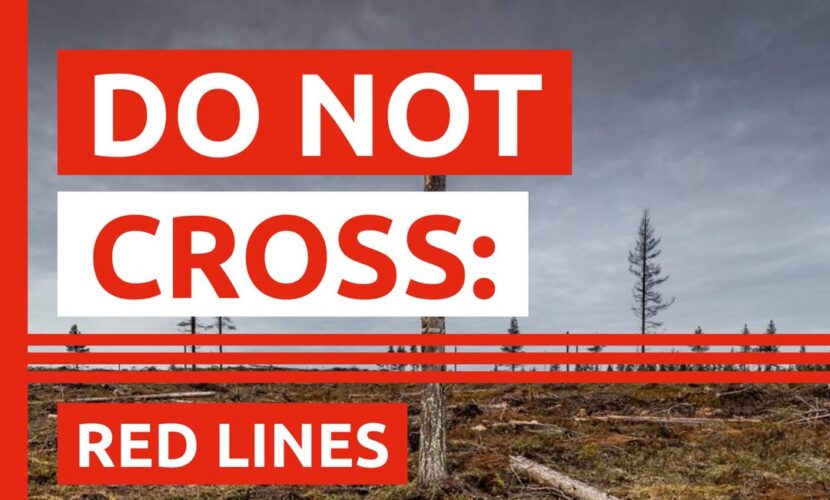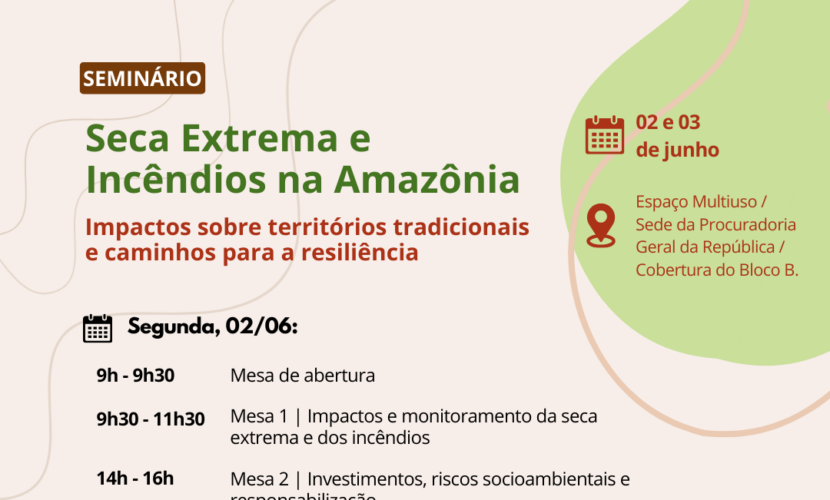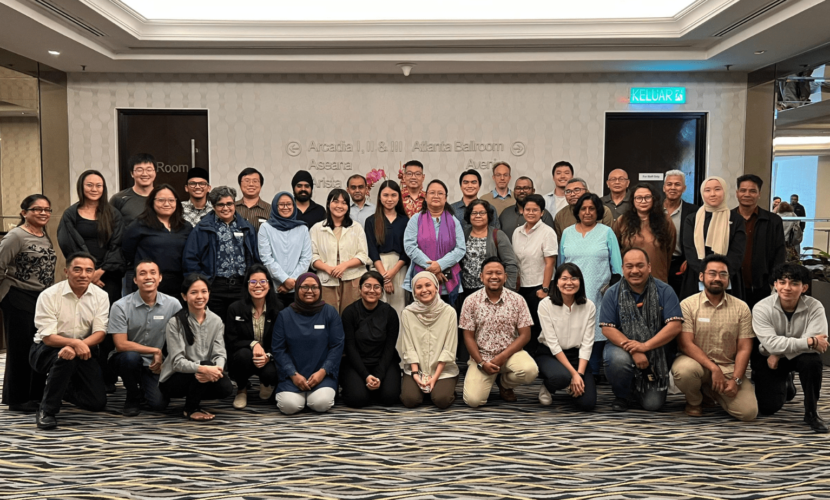最新記事&分析
Caught Red-Handed: Reports Expose Ongoing Soy Industry Ties to Land Grabbing, Illegal Deforestation in Brazil
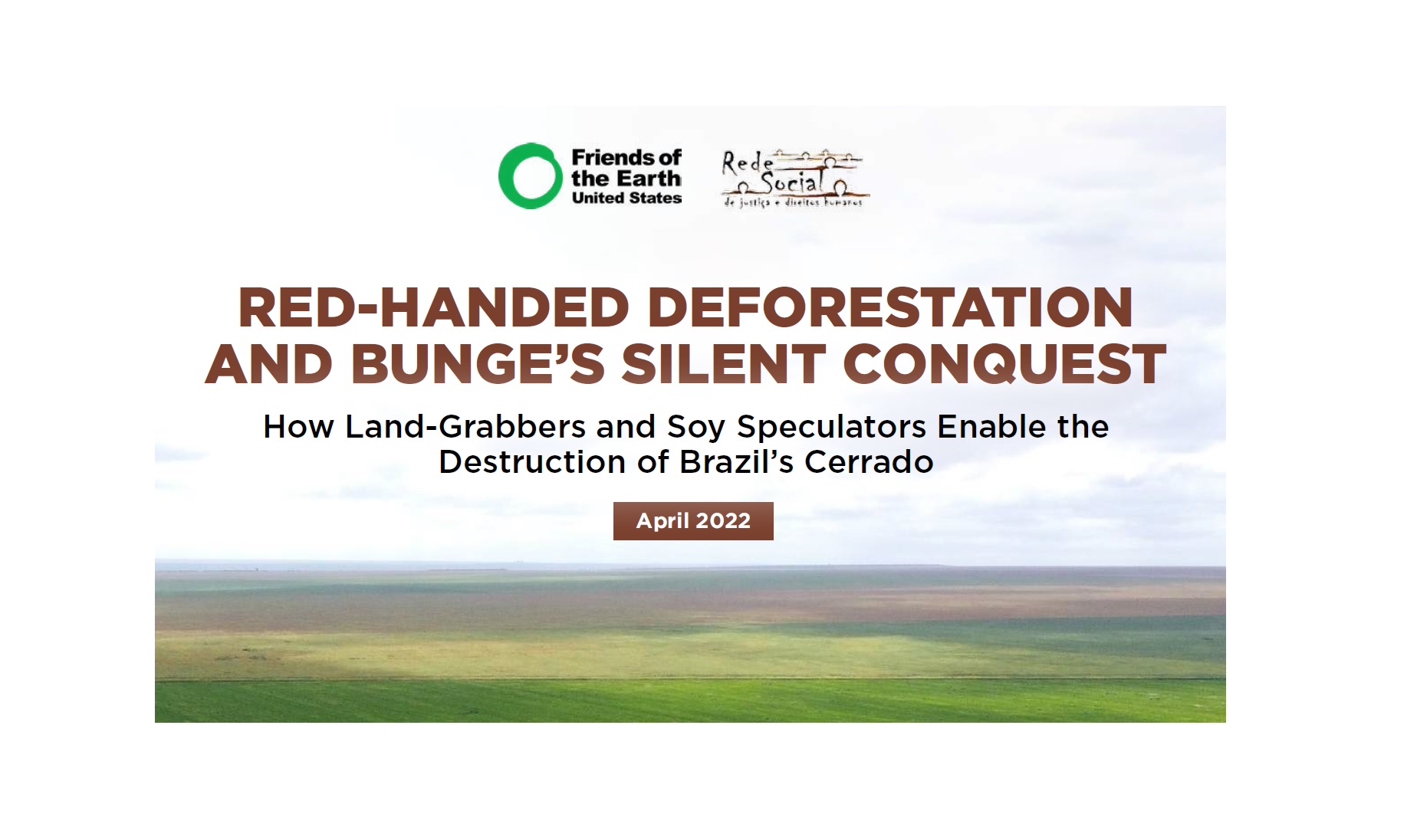
Washington, D.C. – This week, two reports expose a global agribusiness giant’s ties to deforestation, human rights abuses and land grabbing in Brazil’s sensitive Cerrado region. Published by Friends of the Earth U.S. and The Network for Social Justice and Human Rights in Brazil, these reports show that Bunge Ltd., one of the world’s largest agribusiness companies, continues to drive deforestation and land grabs in Brazil, despite investor pressure to adopt sustainability measures.
Red Handed Deforestation and Bunge’s Silent Conquest: How Land-Grabbers and Soy Speculators Enable the Destruction of Brazil Cerrado, highlights a recent case of 2,000 hectares of illegal deforestation in Piauí State, Brazil. The report argues that through its near-monopoly on soy production in Piauí, Bunge enables ongoing deforestation and illicit land grabbing in the region, even when these activities are not carried out on Bunge’s own land concessions. In addition to devastating impacts on ecosystems and local communities, the report alleges, Bunge’s practices carry material financial risks for the company and its shareholders.
The report is accompanied by a second piece of research, Industrial Soy Expansion in Brazil Financialization, Deforestation and Dispossession in the Birthplace of Waters, which shows how the expansion of soy plantations is related to land speculation when farmland is turned into a financial asset by multinational interests, including the investment firm TIAA and Harvard University endowment. This report is also available in the original Portuguese.
Over the last five years, 76% of the expansion of the agricultural frontier in the Cerrado has occurred in areas formerly characterized by unique native vegetation, now carpeted by industrial monoculture of soy plantations. Soy monocultures currently occupy over 4% of Brazil’s entire territory; half of this is in the Cerrado biome.
“Our research shows the link between financial speculation with farmland and deforestation by agribusiness corporations in the Cerrado, with devastating impacts on local communities and on biodiversity,” said Fábio Pitta of the Network for Social Justice and Human Rights in Brazil, one of the report’s authors. “Indigenous, Afro-Brazilian and peasant communities denounce violence and environmental destruction caused by agribusiness and organize to protect their land and ecological food production for future generations.”
The reports are accompanied by investor briefs for Bunge and ADM shareholders, developed by Friends of the Earth and Global Witness. These efforts contribute to a campaign to move Bunge toward more sustainable practices ahead of its annual shareholder meeting on May 12. In 2021, 98% of Bunge’s shareholders voted for the company to improve its record on deforestation. However, Bunge’s current commitment to end deforestation in its soy supply chains by 2025 lags significantly behind investor calls to stop sourcing from land in the Cerrado deforested after 2020, and may incentivize a race to deforest as much land as possible before 2025. The deforestation in Chapada Fortaleza, Piauí, uncovered in real time through independent satellite monitoring and ground investigation, adds to a body of evidence demonstrating that large areas of the Cerrado being deforested today will likely produce soy for Bunge’s global supply chains.
“Bunge’s operations in the Cerrado continue to threaten critical ecosystems and undermine fundamental human rights, despite the urging of 98% of its shareholders,” said Jeff Conant, Senior International Forest Program Manager at Friends of the Earth U.S. “There is no question about where Bunge stands – until it is forced to respect human rights and native ecosystems, this agribusiness giant will continue destroying everything in its path.”
This blog was originally published on Friends of the Earth US
